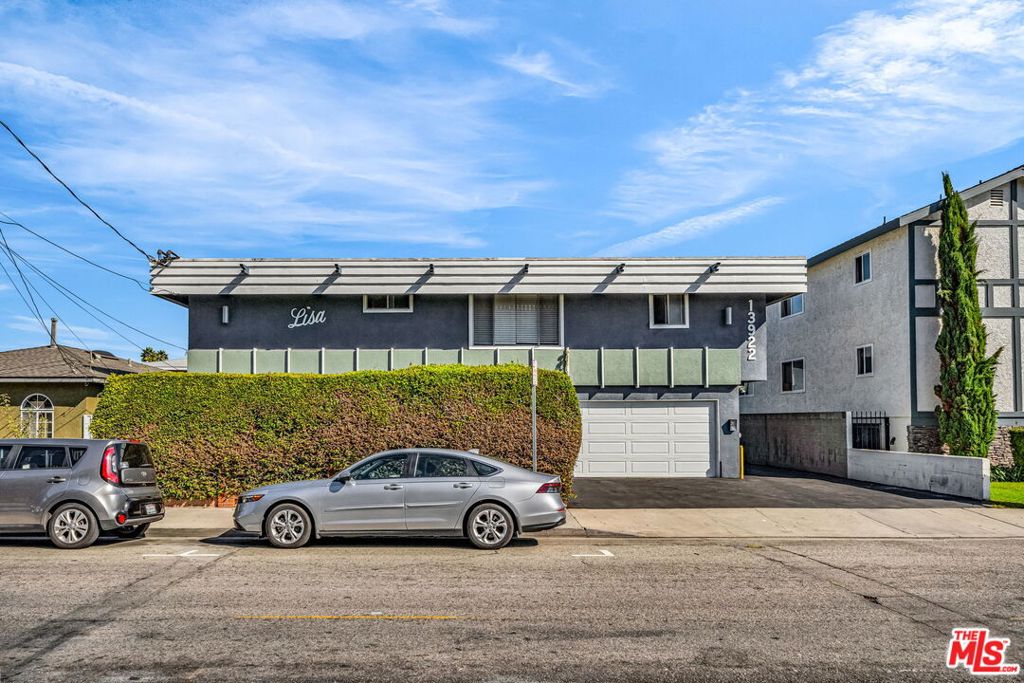Understanding Prop 19
There is no doubt that the passing of Prop 19 will have a dramatic effect on property owners, children and grandchildren of property owners, as well as the professionals who work with them. This article is intended to give an overview of Prop 19 and how it has changed: Prop 60, 90, 58, & 193, as well as give some examples to illustrate the effects brought on by Prop 19.
Prop 13 & Exemptions
As with many rules that affect property taxes, it’s important to first understand Prop 13. Prop 13, which passed in 1978, states that the assessed value of any given real property is limited to a 2% increase, per year, until a change of ownership event occurs. And unless an exemption applies, the assessed value adjusts to fair market value (e.g. the purchase price upon a sale).
There are two exemptions to this rule: Prop 60/90 and Prop 58/193, which will be permanently affected by Prop 19 in 2021, or at least until some subsequent rule is implemented.
Prop 19 can be broken down into two parts: (1) the changes it made to Prop 60/90 and (2) the changes it made to Prop 58/193.
Let’s start with a summary of each exemption and then let’s look at how Prop 19 changes each. Then we’ll look at two example to illustrate the effects of Prop 19.
Prop 60/90 & Prop 19
As an overview, Prop 60 essentially says that a person, who is 55 years of age or older, may sell his or her primary residence and transfer the property tax basis to a replacement property. There are some restrictions to this rule, e.g. the replacement property must be of equal or lesser value, the property must be purchased within 2 years of the sale, the replacement property must be within the same county as the property sold (or 1 of 10 enumerated counties; i.e. Prop 90), and this exemption is only allowed once in a person’s lifetime.
Prop 19 makes the following changes to Prop 60/90: disabled persons and/or victims of wildfires qualify for the exemption (“eligible homeowners”), a replacement property can be purchased anywhere in California, eligible homeowners can utilize the exemption up to 3 times in their lifetime (although wildfire victims are still limited to only once), and finally a replacement property can be of greater value (although they would only get a partial exemption).
Example #1
Below is an example to illustrate these changes.
Scenario: Mr. Smith, age 61, wants to sell his home in Altadena (worth $1.0M) and buy a beachfront condo in Ventura (worth $1.2M).
• The assessed value of the Altadena home is $425,000.
• 1.2% property tax rate
• The property tax assessment is $5,100
• The assessed value of the Altadena home is $425,000.
• 1.2% property tax rate
• The property tax assessment is $5,100
Question: Can Mr. Smith transfer his current assessed value to the new condo?
Answer: Yes, Mr. Smith can maintain his assessed value (and property tax basis) in part, although there will be some adjustment given that the purchase price of the new condo is higher than the sales price of his current home.
New assessed value: $625,000 = $425,000 + ($1,200,000 – $1,000,000)
{= former assessed value + (new purchase price – sale price)}
{= former assessed value + (new purchase price – sale price)}
New property tax assessment: $7,500 = ($625,000 x 1.2%)
{= new assessed value x property tax rate}
{= new assessed value x property tax rate}
Summary of Results:
• The new property tax assessment is $7,500
• The property tax assessment would have been $14,400 prior to the passing of Prop 19
{= $1,200,000 x 1.2%}
• The eligible homeowner saves $6,900 per year in this scenario due to the new rules of Prop 19.
• The new property tax assessment is $7,500
• The property tax assessment would have been $14,400 prior to the passing of Prop 19
{= $1,200,000 x 1.2%}
• The eligible homeowner saves $6,900 per year in this scenario due to the new rules of Prop 19.
Prop 58/193 & Prop 19
The second part of Prop 19 affects Prop 58 & 193. As an overview, Prop 58, which was passed on November 6, 1986, excludes 2 types of transfers between parents and children from property reassessment.
• Exemption #1: Transfer of principal residence from parent to child (or grandparent to grandchild, per Prop 193).
• Exemption #2: Transfer of real property, other than principal residence, from parent to child (or grandparent to grandchild, per Prop 193). Limited to $1,000,000 of assessed property value.
Prop 19 makes the following changes to Prop 58 & 193:
• Change #1: The transfer of principal residence from parent to child (or grandparent to grandchild) now has a $1,000,000 limited exception, we will illustrate this limitation in example #2.
• Change #2: The transfer of real property, other than principal residence, from parent to child (or grandparent to grandchild) no longer qualifies as an exemption.
Example #2
Below is an example to highlight these changes.
Scenario: Mom has a primary residence with a $4M FMV and $500k assessment value. She also has a rental home with a $5M FMV and $1M assessment value.
• Property tax rate is 1.2%
• Mom gifts son both properties.
• Property tax rate is 1.2%
• Mom gifts son both properties.
Question: What happens to the assessed value (property tax basis) subsequent to gifting them to her son?
Answer:
• If Son maintains the property as his primary residence, Property #1 receives a “limited exemption” from reassessment of the fair market value, less $1M.
• New assessed value: $3M = $4M – $1M
• If Son maintains the property as his primary residence, Property #1 receives a “limited exemption” from reassessment of the fair market value, less $1M.
• New assessed value: $3M = $4M – $1M
Note on $1M Limited Exception: If the value of the property at the time of the transfer exceeds the parent’s assessed value by less than $1 million, then the child takes the parent’s assessed value. However, if the value of the property at the time of the transfer exceeds the parent’s assessed value by $1 million or more, then the child’s assessed value is the current value of the property less $1 million.
• Property #2 is reassessed to its fair market value because only primary residences qualify as exempt now.
• New assessed value $5M
• New assessed value $5M
Summary of Results:
• New assessed value is $8M, total (increased by $7.5M)
• New property tax assessment: $96,000, total (increased by $78k)
• New assessed value is $8M, total (increased by $7.5M)
• New property tax assessment: $96,000, total (increased by $78k)
Compare to the Old Rule, Prop 58:
• New assessed value: $1.5M, total (no net change)
• New property tax assessment: $18,000, total (no net change)
• New assessed value: $1.5M, total (no net change)
• New property tax assessment: $18,000, total (no net change)
Recap: Expanded Rights
Starting April 1, 2021, Prop 19 will expand the special rules for “eligible homeowners” that were previously under Prop 60/90.
• #1 Anywhere in the State. “Eligible homeowners” can keep their assessed value (property tax basis) when moving to a new home anywhere in the state.
• #2 More Expensive Home. “Eligible homeowners” can move to a more expensive home. There would be some adjustment but less than before.
• #3 Up to Three Times. “Eligible homeowners” who are over 55 or severely disabled could use the special rules 3 times in their lifetime.
• #1 Anywhere in the State. “Eligible homeowners” can keep their assessed value (property tax basis) when moving to a new home anywhere in the state.
• #2 More Expensive Home. “Eligible homeowners” can move to a more expensive home. There would be some adjustment but less than before.
• #3 Up to Three Times. “Eligible homeowners” who are over 55 or severely disabled could use the special rules 3 times in their lifetime.
Recap: Narrowed Rights
Starting February 16, 2021, Prop 19 will narrow the special rules for inherited properties, that were previously under Prop 58/193.
• #1 Non-Principal Residence Transfers. The transfer of real property, used for a purpose other than a principal residence, from parent to child (or grandparent to grandchild) shall be reassessed to market value.
• #2 Principal Residence Transfers. The transfer of real property, used as a principal residence, from parent to child (or grandparent to grandchild) shall be subject to a limited exemption ($1M).
• #1 Non-Principal Residence Transfers. The transfer of real property, used for a purpose other than a principal residence, from parent to child (or grandparent to grandchild) shall be reassessed to market value.
• #2 Principal Residence Transfers. The transfer of real property, used as a principal residence, from parent to child (or grandparent to grandchild) shall be subject to a limited exemption ($1M).
We are probate and trust real estate agents in Los Angeles and Orange County. For more information on probate and trust real estate sales, please feel free to contact us.
Disclaimer: This is not intended to be legal advice but merely for educational purposes.



